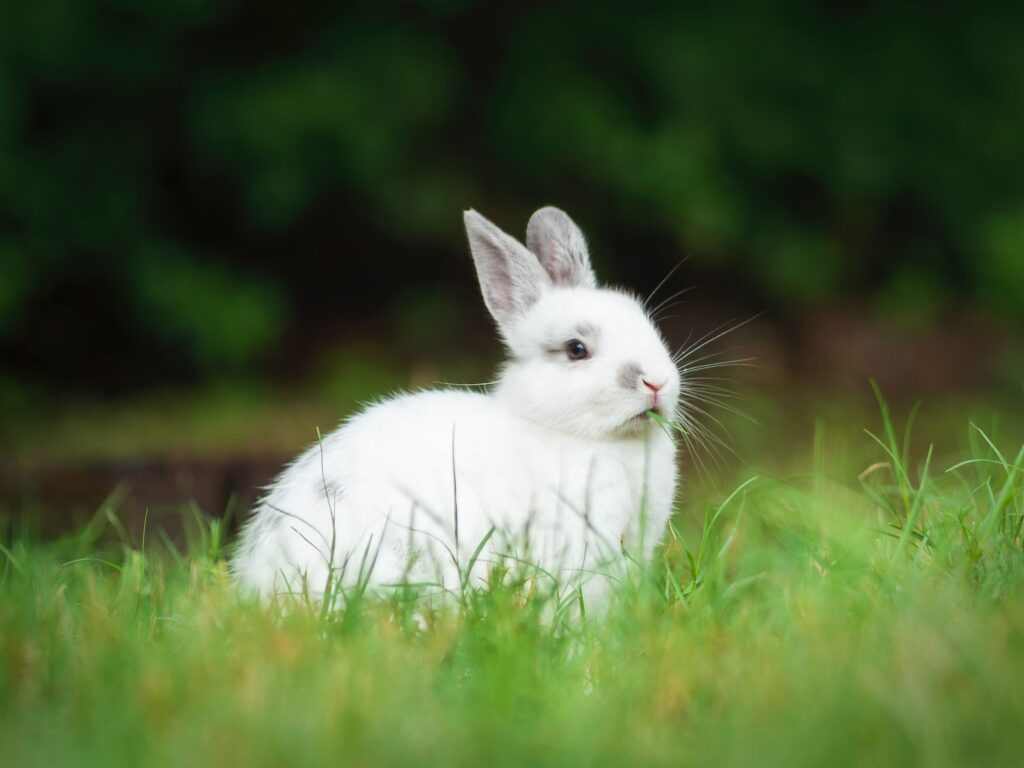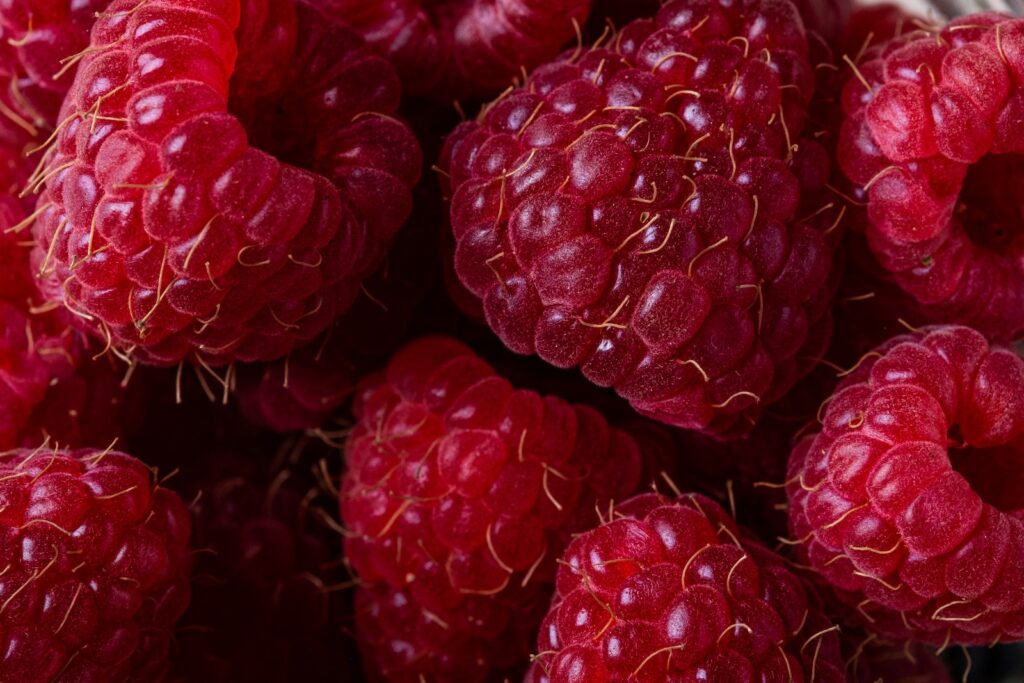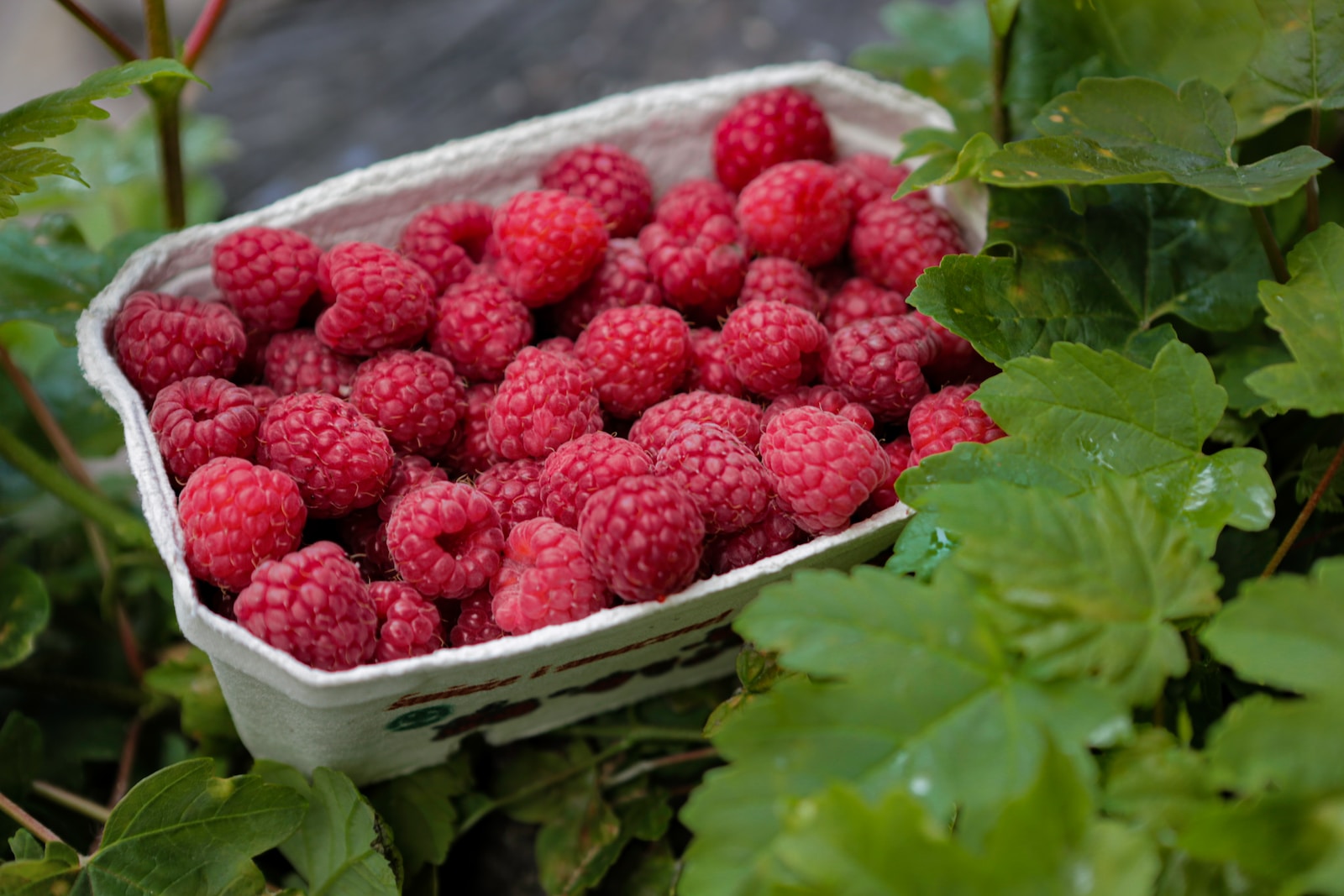Raspberries are a tasty, sweet fruit that many pet owners enjoy sharing with their bunnies. But are these juicy berries safe for rabbits to eat? Can rabbits have raspberries or should they be avoided?
An Overview of Feeding Raspberries to Rabbits
Raspberries are non-toxic for rabbits and can be fed in moderation as an occasional treat. Like most fruits, they contain natural sugars that rabbits enjoy. However, their high water and sugar content means that too many raspberries could cause digestive upset.
When fed properly as part of a balanced diet, a few raspberries make a fun snack that provides vitamins, minerals, antioxidants, and fiber. But rabbits have sensitive stomachs, so quantity and frequency must be controlled to prevent health issues.
Health Benefits of Raspberries for Rabbits
Raspberries offer some great nutritional value. Here are some of the vitamins, nutrients, and compounds that make them a healthy supplement to your rabbit’s regular diet:
- Vitamin C – Supports immune system health.
- Vitamin K – Important for blood clotting.
- Fiber – Promotes digestive health.
- Antioxidants – Reduces cellular damage from free radicals.
- Manganese – Bone/tissue development.
The fiber, vitamins and minerals in raspberries make them a nutritious component of a rabbit’s diet in moderation. The antioxidants are beneficial as well.
Are Raspberries Safe for Your Rabbit to Eat?

Yes, rabbits can safely eat raspberry fruits. But some important care should be taken:
- Monitor portion size – Too many can upset digestion.
- Introduce slowly – To check for allergies/sensitivity.
- Wash thoroughly – To remove pesticides/contaminants.
- Remove seeds – Choking hazard for unchewed seeds.
- Feed ripe – Unripe raspberries contain irritant compounds.
- Skip spoiled ones – Mold ingestion very dangerous.
Provided these precautions are followed, most healthy adult rabbits tolerate fresh raspberries without any problems. But babies and elder rabbits may need more care when introducing new foods.
Find out more interesting and fun facts – factsmosaic.com
What is the Best Amount of Raspberries to Feed Your Bunny?
The optimal quantity of raspberries for a pet rabbit is 1-2 whole raspberries, 2-3 times per week. This represents only a small portion of their overall food intake.
As a treat, a couple of raspberries twice a week is perfect. Any more frequently could disrupt their digestive health leading to soft stools or diarrhea.
For a medium sized adult rabbit, a good rule of thumb is:
- No more than 3-5 medium raspberries per 4 lbs body weight
- Per week – Split into 2-3 separate servings
- Children’s berry portions are suitable for dwarf breeds
When introducing raspberries or switching brands, start with just a quarter of one berry, then work up slowly to the target quantity. Keep an eye out for any allergic reaction signals like digestive upset.
What’s the Best Way to Feed Raspberries to Rabbits?
Raspberries should always be washed, patted dry, and seeds removed before feeding to rabbits. Whole frozen raspberries work well for this.

Here are some serving suggestions:
- Place 1-2 seedless halves in the food bowl
- Chop up into tiny pieces and mix with greens
- Skewer onto the end of the chew stick as a foraging game
- Hide pieces around a pen to find – stimulates activity
Avoid offering mushed-up raspberries or juice, as rabbit digestion depends on fibrous foods for peristaltic motion. Always supervise snack time to prevent choking on unchewed seeds.
What Types of Raspberries are Safest?
The most rabbit-friendly raspberry varieties are:
- Freshly picked garden raspberries
- Organic store-bought raspberries
- Frozen raspberries – preferably unsweetened
- Dried raspberries without added sugar/oils
Avoid canned raspberries packed in sugary syrups. Also steer clear of conventionally farmed berries, as pesticide residue poses a contamination risk even after washing.
Choosing organic or homegrown raspberries gives you control over how they were grown to minimize ingestion of chemicals. Just be extra diligent in checking them over and washing them properly before feeding to your bun.
Can Baby Rabbits (Kits) Eat Raspberries?
Raspberries are not recommended for rabbits under 12 weeks old. A kit’s digestive system is still developing, making it more prone to upset or diarrhea from sugars and fiber in produce.
Once baby rabbits reach 3 months, you can start introducing a few raspberries. But begin with just a quarter piece or two to test tolerance before increasing portion sizes ((http://www.therabbithouse.com/diet/diet-baby.asp)).
Signs of intolerance in kits can include runny poop, lack of appetite, or bloating. If you notice any of these symptoms, stop feeding raspberries and consult your vet. Kits also sometimes struggle to chew hard seeds properly.
Overall it’s best to wait until kits are fully mature around 6 months before offering small amounts of raspberries and other fruit.
What Fruit and Vegetables Can Bunnies Eat Along With Raspberries?
Good fruits and vegetables to serve along with occasional raspberry treats include:
Fruits: Apple, banana, melon, peach, pear, pineapple
Vegetables: Basil, carrot tops, cilantro, dill, mint, parsley
Focus on dark leafy greens like kale, spinach, and romaine lettuce as the bulk of rabbit produce. Then rotate various herbs and fruit as supplemental feedings 2-3 times per week for variety.
Having a diverse “salad bar” prevents boredom in finicky rabbit appetites. But introduce new items slowly in case of allergies and always control portions to prevent tummy troubles.
FAQ – Common Questions about Feeding Raspberries to Rabbits
Are raspberry plants and leaves safe for rabbits?
No. While raspberry fruits are fine for rabbit consumption, the bushes themselves contain compounds that are toxic to rabbits. Do not allow your rabbit to nibble on raspberry plants.
Can rabbits eat black raspberries too?
Yes. Both red and black raspberry varieties are safe for rabbits when ripe. Just follow the same seed removal, washing, and portion guidelines.
How do I know if my rabbit is having an allergic reaction to raspberries?
Signs include digestive upset like soft/wet poop, lack of appetite, bloating or lethargy. Discontinue raspberries if you notice these or other abnormal symptoms.
Are there any health benefits to dried raspberries vs fresh?
Dried raspberries retain more antioxidant levels over time. But the high sugar content means only feed dried raspberries occasionally in very limited amounts.
Key Takeaways: Feeding Raspberries to Rabbits
- Raspberries are non-toxic for rabbits and provide beneficial nutrition like Vitamin C and antioxidants.
- Feed only ripe, washed raspberries in moderation – no more than 1-2 per 2-3 lbs body weight, 2-3x/week.
- Introduce slowly and monitor for any signs of digestive upset or allergic reaction.
- Remove seeds and avoid any sugary jams/preserves – stick to fresh, frozen or dried.
- Kits under 12 weeks shouldn’t eat raspberries – wait until at least 6 months maturity.
- Serve raspberries in small portions along with variety of dark leafy greens and herbs.
As with any new food for rabbits, raspberries should be given in limited quantities at first to ensure they are tolerated. But when incorporated properly as an occasional treat, they make a healthy, fiber and vitamin-packed supplement to your bunny’s regular diet.
So feel free to share a few sweet, seedless raspberry treats with your rabbit friend! Just be careful not to overdo it, and choose organic when possible.

